From wilderness seeking to cyber prestige, here are seven travel trends that are gaining momentum among consumers in 2017.
1. Wilderness seeking
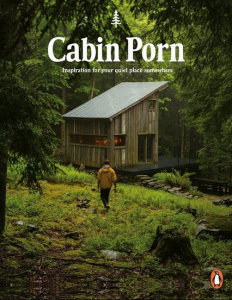 Mainstream holidays no longer fall into key categories such as “city breaks” or “sun and sea”. People have become far more imaginative, worldly and fearless. Whether backpackers, young professionals, the wealthy elite or the Grey Gapper, there is an interest across the board in going to places your peers haven’t.
Mainstream holidays no longer fall into key categories such as “city breaks” or “sun and sea”. People have become far more imaginative, worldly and fearless. Whether backpackers, young professionals, the wealthy elite or the Grey Gapper, there is an interest across the board in going to places your peers haven’t.
It’s no longer enough to fly to Cape Town or Rio de Janeiro – the modern traveller wants to go to Antarctica and the Galapagos. They want to camp in the Gobi desert, live with tribes in the Amazon rainforest and trek across Alaska. The search is for outstanding natural beauty and an opportunity to unplug from the wired world.
2. Bucket list
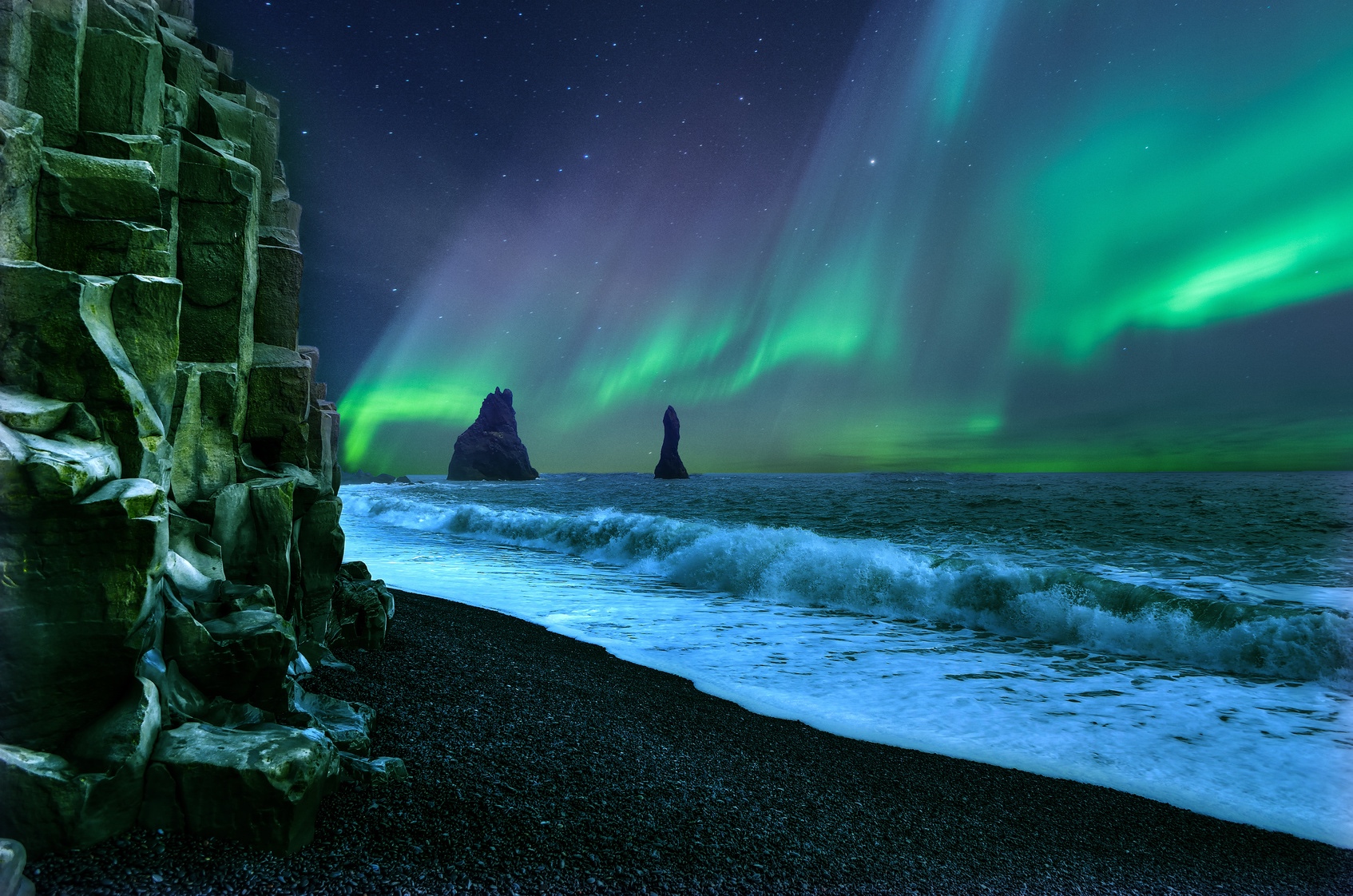
Having a “bucket list” (a list of places you want to see before you die), is a growing phenomenon, with destinations and resorts keen to appear on them. According to Holiday Trends 2016, British travellers take a bucket list holiday once every three years. (These are normally more expensive trips that need to be saved up for.) Last year, the top ten bucket list experiences included visiting the Grand Canyon, walking the Great Wall of China and seeing the Northern Lights, which was ranked number one.

3. Cold climates
 Heat is no longer hot; it’s all about snow and ice. Cold is cool. Although arrivals are limited due to conservation regulations, the White Desert of Antarctica is seeing people queuing up to book trips. After just over 50 years of commercial tourism, the most inhospitable continent on Earth is predicted to receive 40,000 people in 2017.
Heat is no longer hot; it’s all about snow and ice. Cold is cool. Although arrivals are limited due to conservation regulations, the White Desert of Antarctica is seeing people queuing up to book trips. After just over 50 years of commercial tourism, the most inhospitable continent on Earth is predicted to receive 40,000 people in 2017.
Alaska now welcomes over one million people a year and the Ice Hotel in Swedish Lapland is to be open all year-round from 2017. These climates lend themselves to activities beyond skiing, and the chance to see new kinds of virgin terrain. Glacier hiking, ice caves, snow kiting, ice climbing, ice diving, snow mobiling, heli-skiing and cold water surfing are all on the list.
4. Eco escapes
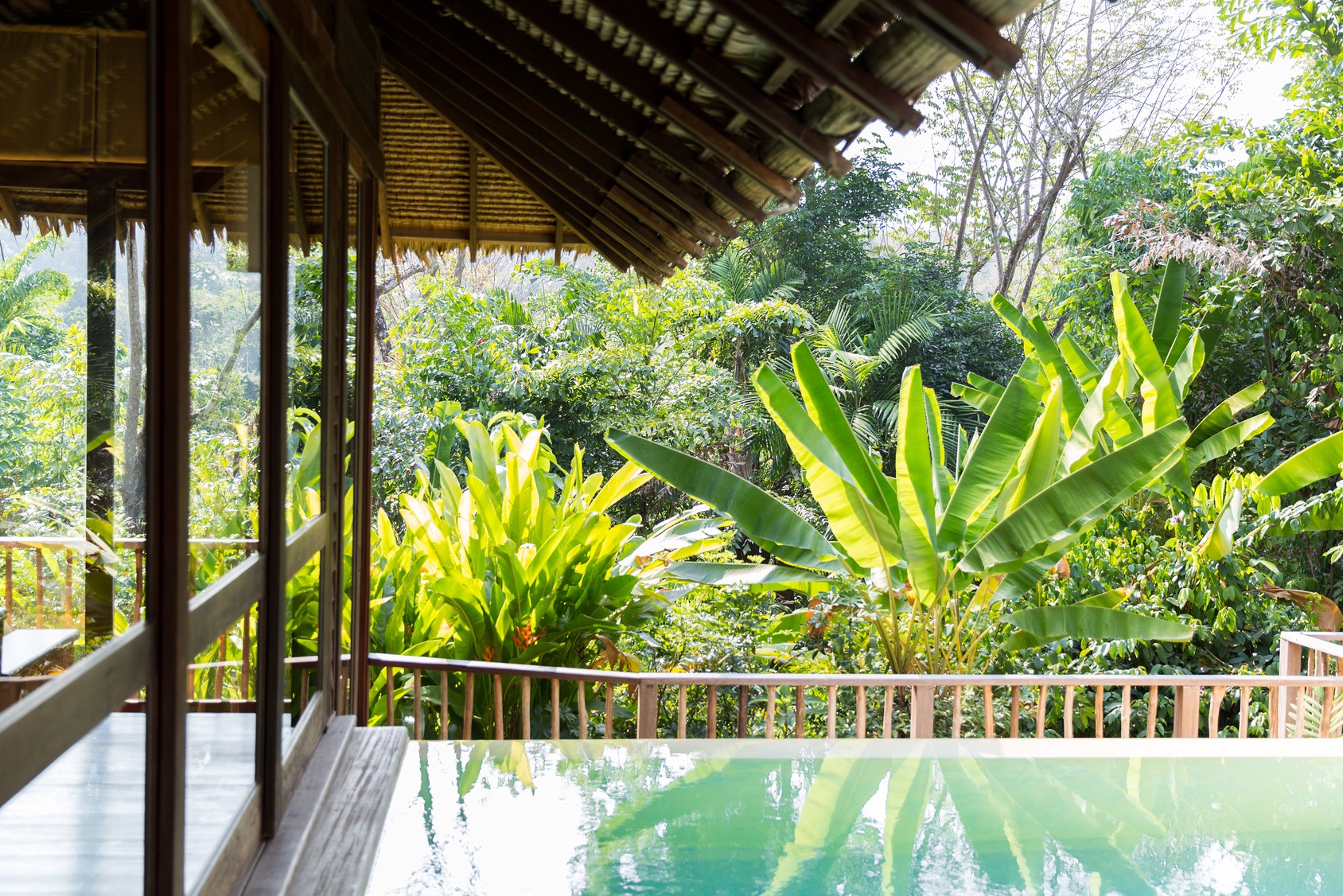 Despite powerful climate change deniers in the US, sustainable, environmentally sensitive hotels hold greater appeal than ever, and are a key part of the responsible tourism trend. People care about the planet but that won’t stop them getting on a polluting plane to explore it. They want the travel companies they spend money with to remove the guilt for them. Staying in an eco retreat or socially conscious 1 Hotel, for example, makes them feel like they are doing less damage to the environment and are making better choices for the world. The associated aesthetics, locations and philosophies resonate with their healthy lifestyle.
Despite powerful climate change deniers in the US, sustainable, environmentally sensitive hotels hold greater appeal than ever, and are a key part of the responsible tourism trend. People care about the planet but that won’t stop them getting on a polluting plane to explore it. They want the travel companies they spend money with to remove the guilt for them. Staying in an eco retreat or socially conscious 1 Hotel, for example, makes them feel like they are doing less damage to the environment and are making better choices for the world. The associated aesthetics, locations and philosophies resonate with their healthy lifestyle.
5. Authentic luxury
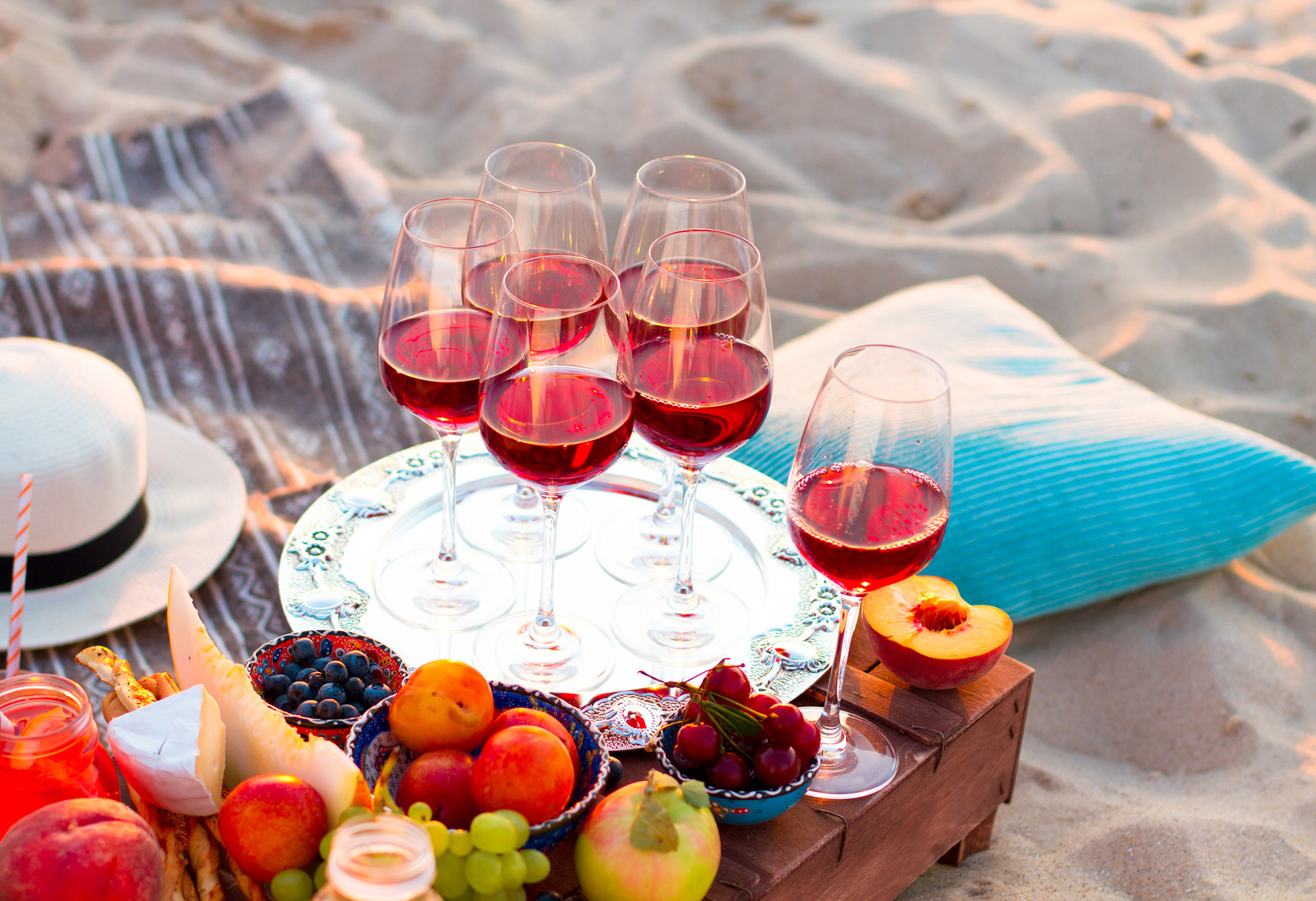 There will always be a segment of the market that wants Tiffany suites, Travertine marble bathrooms, limousines and diamond-dust artwork, but a counter trend against bling sees a demand for low-key, authenticity in hotels. This is reflected in everything from the interior design (reclaimed timber versus mahogany, for example) to staff recruited from the local area rather flown in from overseas. It’s about cultural sensitivity and inclusion, a sense of place, the removal of excess and waste, personalised yet informal service, and natural rather than manufactured beauty. It’s recognising that the simple things in life make us the most happy.
There will always be a segment of the market that wants Tiffany suites, Travertine marble bathrooms, limousines and diamond-dust artwork, but a counter trend against bling sees a demand for low-key, authenticity in hotels. This is reflected in everything from the interior design (reclaimed timber versus mahogany, for example) to staff recruited from the local area rather flown in from overseas. It’s about cultural sensitivity and inclusion, a sense of place, the removal of excess and waste, personalised yet informal service, and natural rather than manufactured beauty. It’s recognising that the simple things in life make us the most happy.
6. Extreme travel
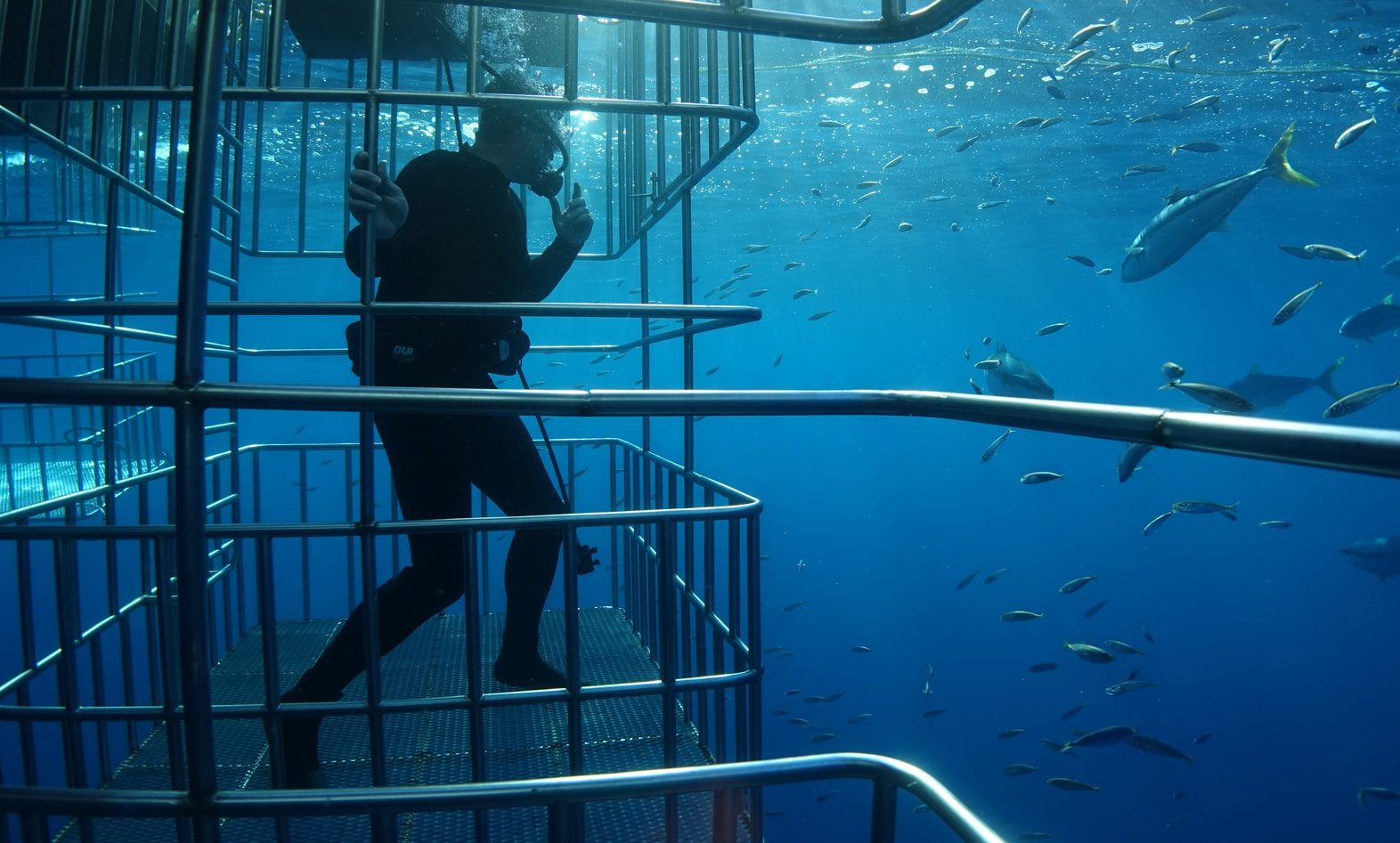 Getting out of your comfort zone is as important as going off-grid, which is exactly where extreme travel takes us. This trend is about feeling alive, achieving goals and returning home with incredible stories. Total Management, for example, is focusing on this thrill-seeking target market by selling extreme travel packages such as rally driving on frozen lakes in Sweden. Mountain climbing, sky diving, cliff jumping, shark diving and cold water surfing all come under this category and are becoming increasingly popular.
Getting out of your comfort zone is as important as going off-grid, which is exactly where extreme travel takes us. This trend is about feeling alive, achieving goals and returning home with incredible stories. Total Management, for example, is focusing on this thrill-seeking target market by selling extreme travel packages such as rally driving on frozen lakes in Sweden. Mountain climbing, sky diving, cliff jumping, shark diving and cold water surfing all come under this category and are becoming increasingly popular.
7. Cyber prestige
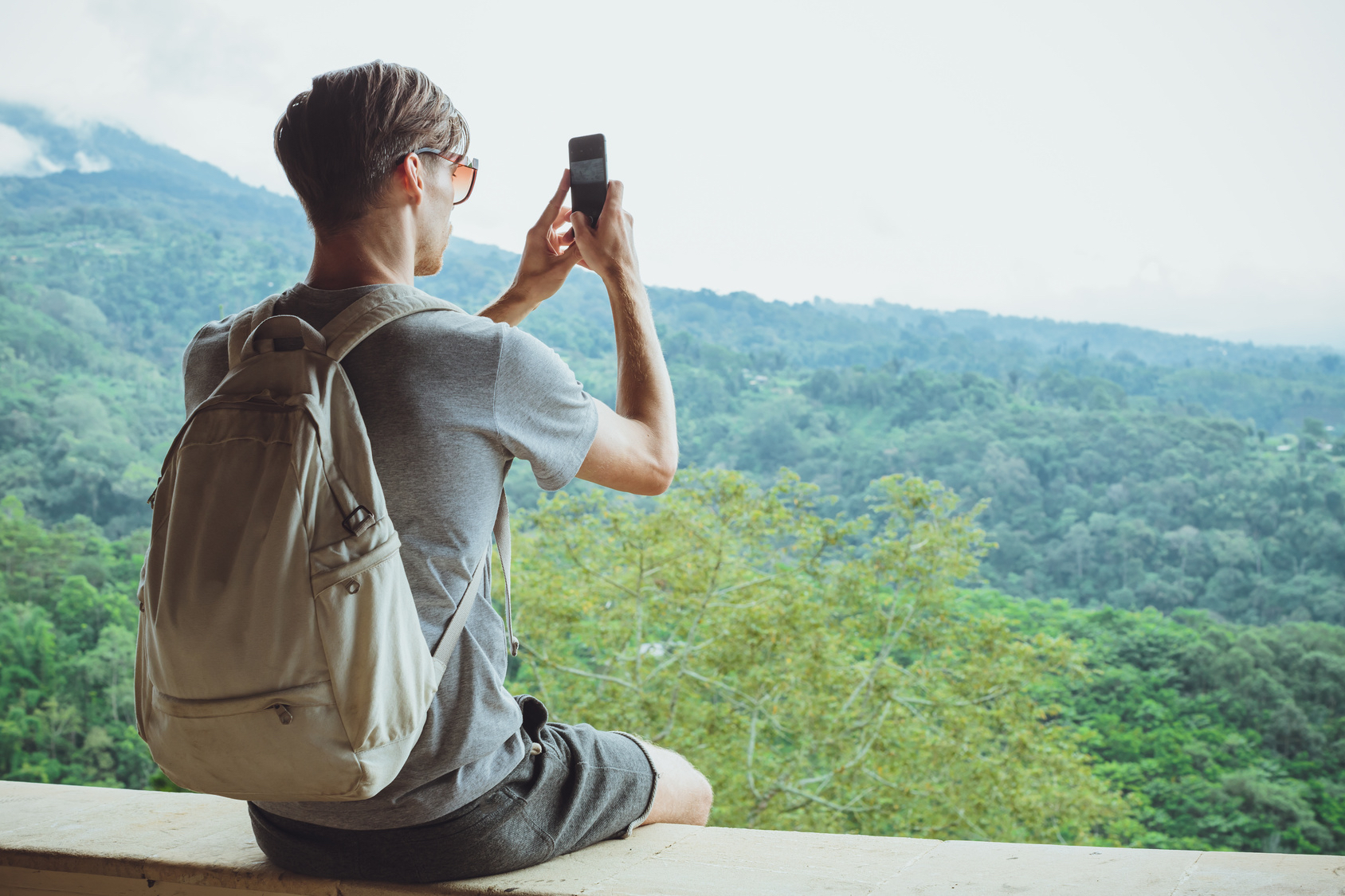 Globetrender doesn’t need to tell you how important social media is but what it will highlight is the power of photo-sharing, not just to the travel industry, which gains from this effective form of promotion, but to the individual “influencer”. These days, a growing number of individuals are making huge sums of money from documenting their adventures on Instagram. Photo sharing equates to cyber prestige, a powerful force that not only reinforces the sense of worth inside the person posting, but the subject being captured. A photogenic resort can become a star in the online world, and consequently, the real one too.
Globetrender doesn’t need to tell you how important social media is but what it will highlight is the power of photo-sharing, not just to the travel industry, which gains from this effective form of promotion, but to the individual “influencer”. These days, a growing number of individuals are making huge sums of money from documenting their adventures on Instagram. Photo sharing equates to cyber prestige, a powerful force that not only reinforces the sense of worth inside the person posting, but the subject being captured. A photogenic resort can become a star in the online world, and consequently, the real one too.
